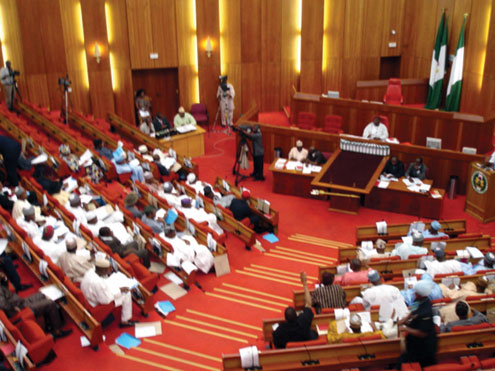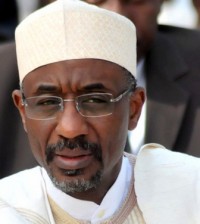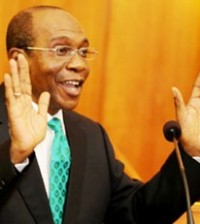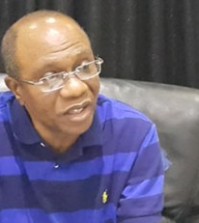South Africa to deal with high oil prices
Higher oil prices are the main risk to South Africa’s inflation outlook but the Central Bank will deal with this threat adequately, a senior Reserve Bank official said on Wednesday.
“We are not pleased with the current international environment where the oil price has gone through the roof again,” Johan van den Heever, deputy chief economist in the research department of the South African Reserve Bank, told parliament.
“And that is unfortunately in aAn environment where our institution fights against inflation, a most unhappy outcome. So that is one of the negative factors feeding into the inflation process,” Mr. Van den Heever added.
Partly due to higher prices, the Central Bank raised its inflation forecasts at its last policy meeting in March to an average 4.7 per cent for this year, and 5.7 per cent in 2012, but said most risks to inflation are mainly cost push in nature.
The bank left its repo rate unchanged at 5.5 per cent in March, for the second time this year, after reducing it by 650 basis points between December 2008 and December 2010.
Industries under performing
The bank’s monetary policy committee statement was cautious, though. It said the key manufacturing sector was still underperfoming and said although consumer consumption was recovering, it was unlikely to accelerate in the near term.
Last week, deputy governor, Daniel Mminele, said the bank will base its next policy action on an assessment of second-round effects of oil and food prices on inflation.
Inflation has been inside the bank’s target of between 3 and 6 per cent since February 2010, and stood at 3.7 per cent year-on-year in February. The bank said in its quarterly bulletin in March a sustained rise of $10 per barrel in the price of oil added about 0.3 percentage points to inflation.
On Wednesday, Van den Heever said the bank would deal with the effect of the higher oil price.
“It is not the end of the world. We come from a background where other factors have made inflation slow down quite nicely and we are quite confident this negative impact from the oil price will be dealt with adequately as time goes on,” he said.
A relatively strong rand currency has mainly cushioned South Africa from the impact of high oil and food prices. The rand hit 3-month highs at 6.6310 last week and was last trading at 6.75 to the dollar. Reuters
Source : 234next








